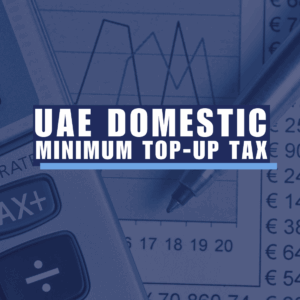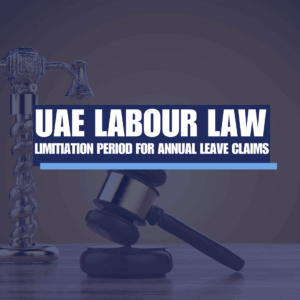With the UAE’s introduction of corporate tax, understanding its implications for companies operating in free zones is essential. This article explores the specific rules, regulations, and strategic considerations for businesses in these designated areas.
Designated Free Zones in the UAE
Free zones are essential to the UAE’s economic diversification strategy. They provide various incentives such as tax exemptions, full foreign ownership, and simplified customs procedures. Under the new corporate tax law, companies in these zones can benefit from a zero percent tax rate on qualifying income, subject to specific conditions.
Qualifying Free Zone Persons (QFZPs)
Criteria for Zero Percent Tax Rate
Companies must qualify as a Qualifying Free Zone Person (QFZP) to benefit from the zero percent tax rate. This requires:
- Maintaining adequate substance within the free zone.
- Not electing to be taxed.
- Complying with transfer pricing regulations.
- Meeting the de-minimis requirement, where non-qualifying revenue in a financial period should not exceed 5% of total revenue or AED 5 million, whichever is lower.
Qualifying and Excluded Activities
Qualifying Activities
- Manufacturing and processing of goods.
- Holding shares and other securities.
- Ownership, management, and operation of ships.
- Reinsurance and fund management services.
- Wealth and investment management services.
- Headquarters services to related parties.
- Treasury and financing services to related parties.
- Financing and leasing of aircraft.
- Distribution of goods or materials in or from a designated zone.
- Logistics services.
- Any ancillary activities to the above.
Excluded Activities:
- Transactions with natural persons.
- Banking activities
- Insurance activities
- Finance and leasing activities (with some exceptions).
- Ownership or exploitation of immovable property outside commercial property in the free zone.
- Ownership or exploitation of intellectual property assets.
Impact on Tax-Exempt Status
The tax-exempt status of a QFZP can be affected by income from a Domestic Permanent Establishment (DPE) or Foreign Permanent Establishment (FPE), which will be taxed at 9%. However, this does not disqualify the QFZP from the zero percent tax rate on qualifying income. Non-compliance with the conditions results in a 9% corporate tax rate for at least five years.
Compliance with Transfer Pricing Regulations:
- Arm’s Length Principle
One significant concern for free zone businesses is adhering to the Arm’s Length Principle and maintaining proper transfer pricing documentation to ensure they do not lose the tax benefit.
- Ambiguity in Service Income
The taxability of service income earned from exports by free zone companies is somewhat ambiguous, requiring clarification from authorities.
- Thresholds and Calculations:
Businesses need to understand various thresholds, such as the income threshold of AED 375,000, the AED 5 million limit under de-minimis calculation, and other thresholds relevant to interest capping and small business relief.
- Ensuring Compliance and Transparency
To maintain the zero percent tax rate, QFZPs must prepare audited financial statements and ensure transparent accounting practices. This includes reviewing transactions with related parties and maintaining proper documentation to comply with transfer pricing regulations.
Strategic Considerations for Free Zone Businesses
- Review their legal, financial, governance, and risk structures.
- Update their transactional flows, governance policies, and financial matters.
- Ensure compliance with transfer pricing regulations and other tax requirements.
- Seek professional advice to optimize operations and maintain tax compliance.
About TME Legal
Our lawyers have been active in the UAE for more than 10 years. In a team of 50 employees, we advise individuals, medium-sized and large -companies in the GCC region on all aspects of legal and tax advice, company set-ups, and accounting.




